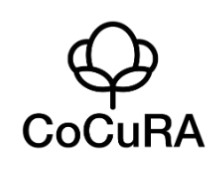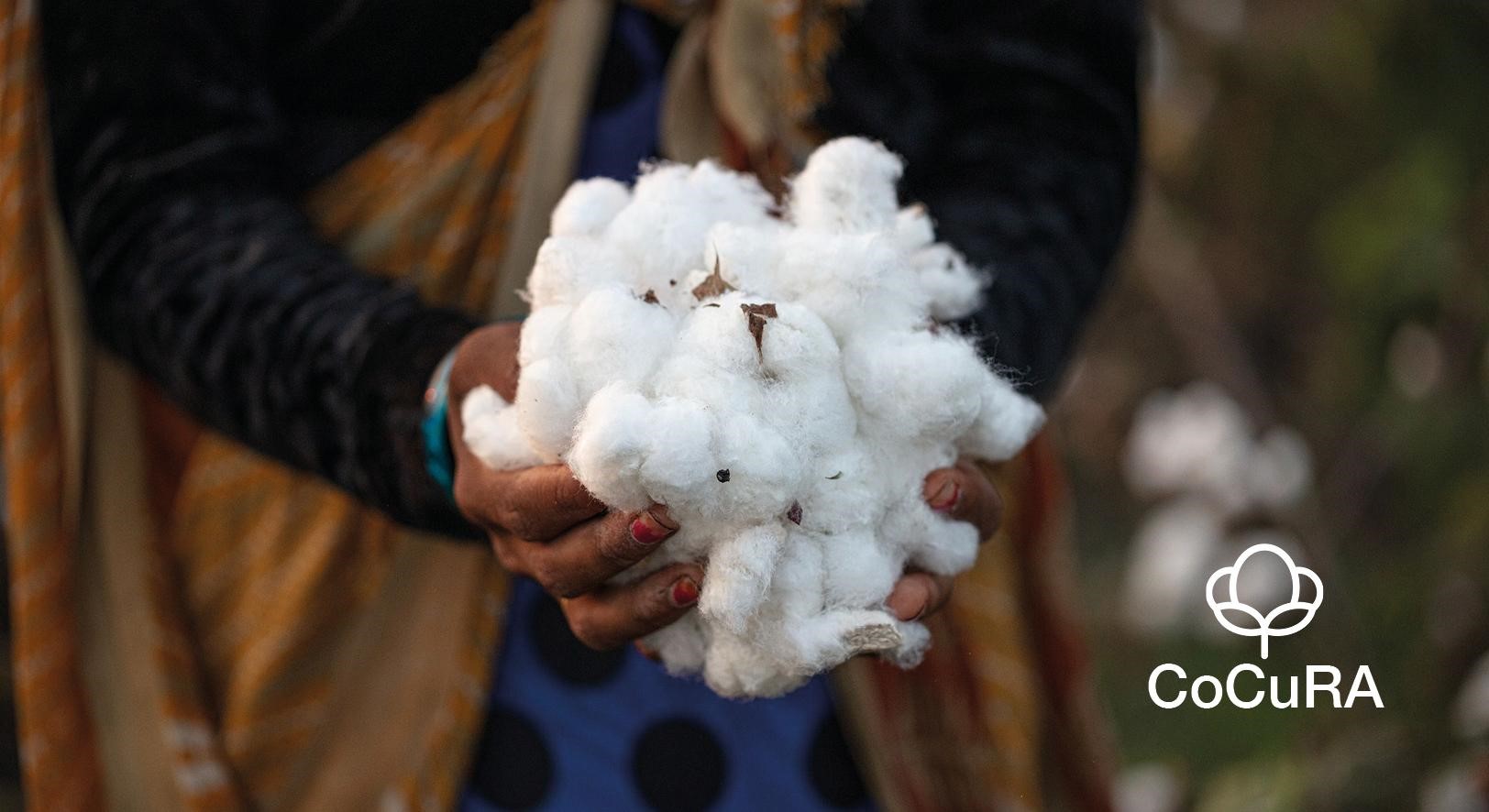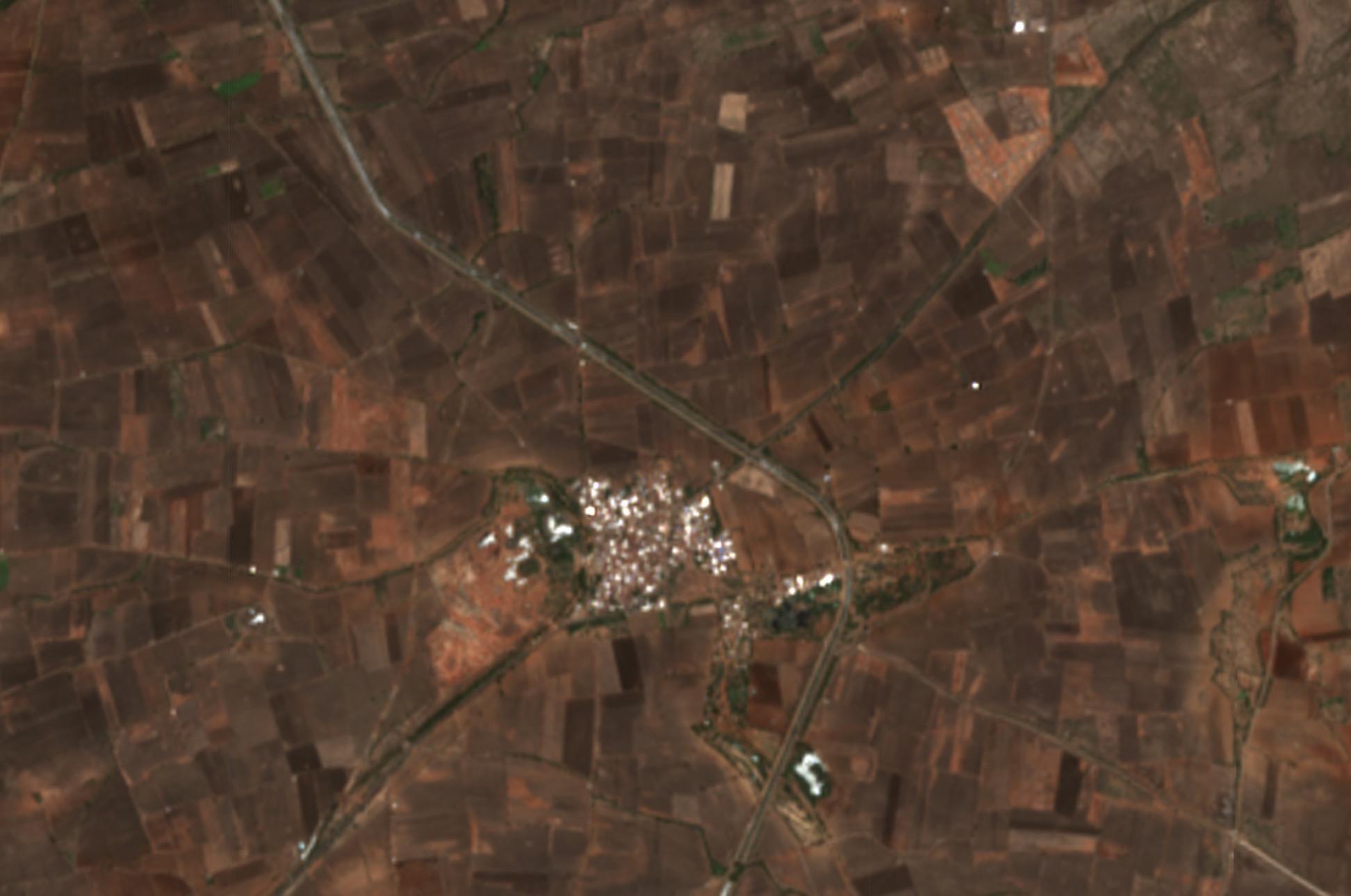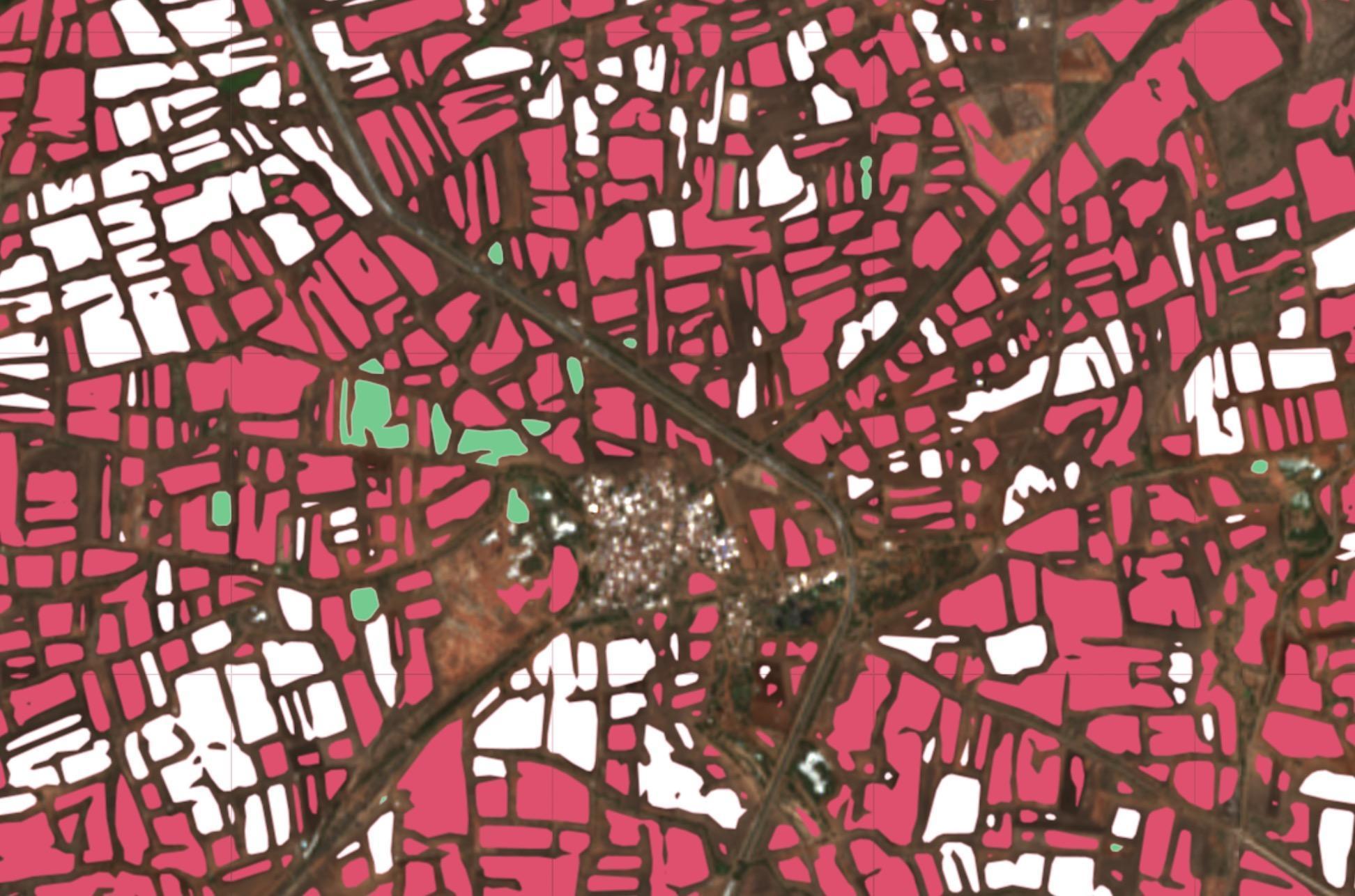
Objectives of the service
CoCuRA (Cotton Cultivation Remote Assessment) leverages machine learning, data fusion, and satellite data to
-
automatically identify cotton fields in India
-
remotely predict each field’s cultivation type as "organic" or "non-organic"

Users and their needs
Users
Organic cotton certifiers, cotton producers, organic textile associations and standards, organic cotton lobby organisations, fashion brands and retailers, development organisations, governmental bodies.
Needs
-
Verify the credibility of exported quantities of certified organic cotton
-
Enhance the integrity of organic cotton sourced from India
-
Identify non-certified organic cotton fields in order to certify them
-
Generate statistical insights into the growth and distribution of (organic) cotton production across India
-
Evaluate alternative certification methods to traditional on-site certification
-
Advocate for sustainability practices
Service/ system concept
CuCoRA uses machine learning and multispectral, multitemporal satellite data to autonomously identify organic cotton fields in India. To train CoCuRA, we visited over 6,000 fields, recording GPS coordinates and detailed field properties.
The detection process consists of four steps:
-
Identifying agricultural areas in India (Land use land cover classification)
-
Detecting crop fields within the identified agricultural areas
-
Identifying which of the detected crop fields are cotton
-
Determining which of the identified cotton fields are organic


Space Added Value
The use of space technologies for remote identification, monitoring and classification of cotton fields offers significant advantages over the traditional approach of detection on the ground. It enables the cost-effective monitoring of much larger areas, has a lower susceptibility to fraud and can be performed from anywhere in the world. These advantages allow for more transparent and cost-effective certification of organic cotton.
Current Status
Following a successful kick-start activity in the southern region of Uzbekistan, the CoCuRA technology has now been successfully transferred to India as part of this demonstration project. The project is being implemented in collaboration with GOTS, a global standard for organic cotton textiles. The demonstrator project began in March 2023 and was completed in November 2024.


